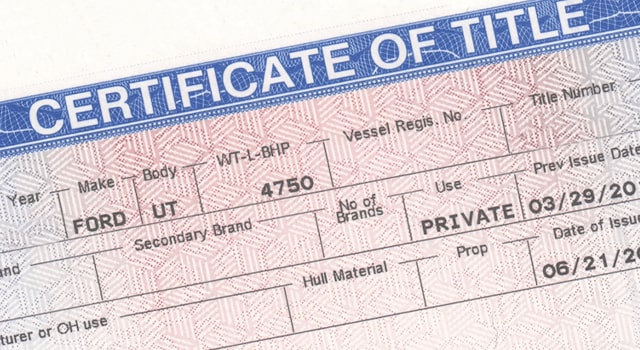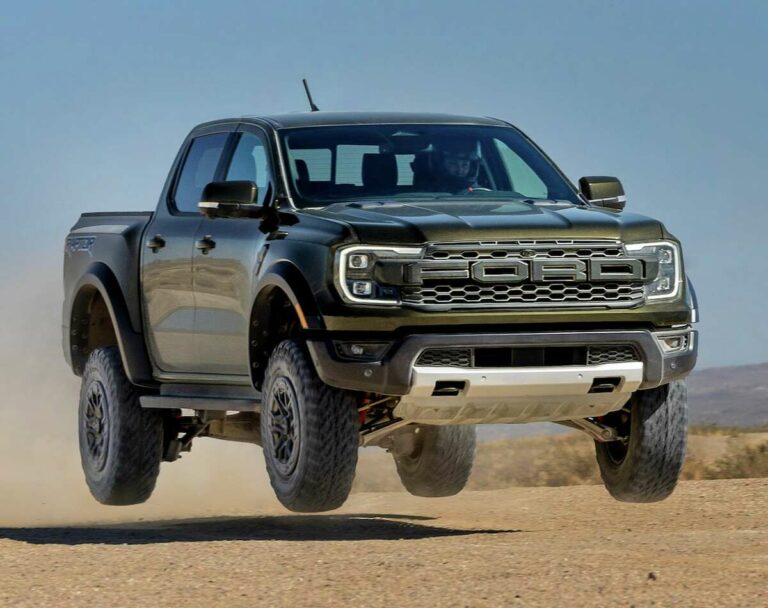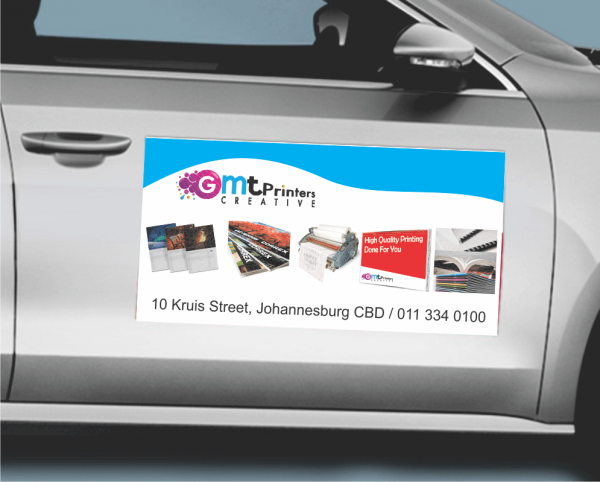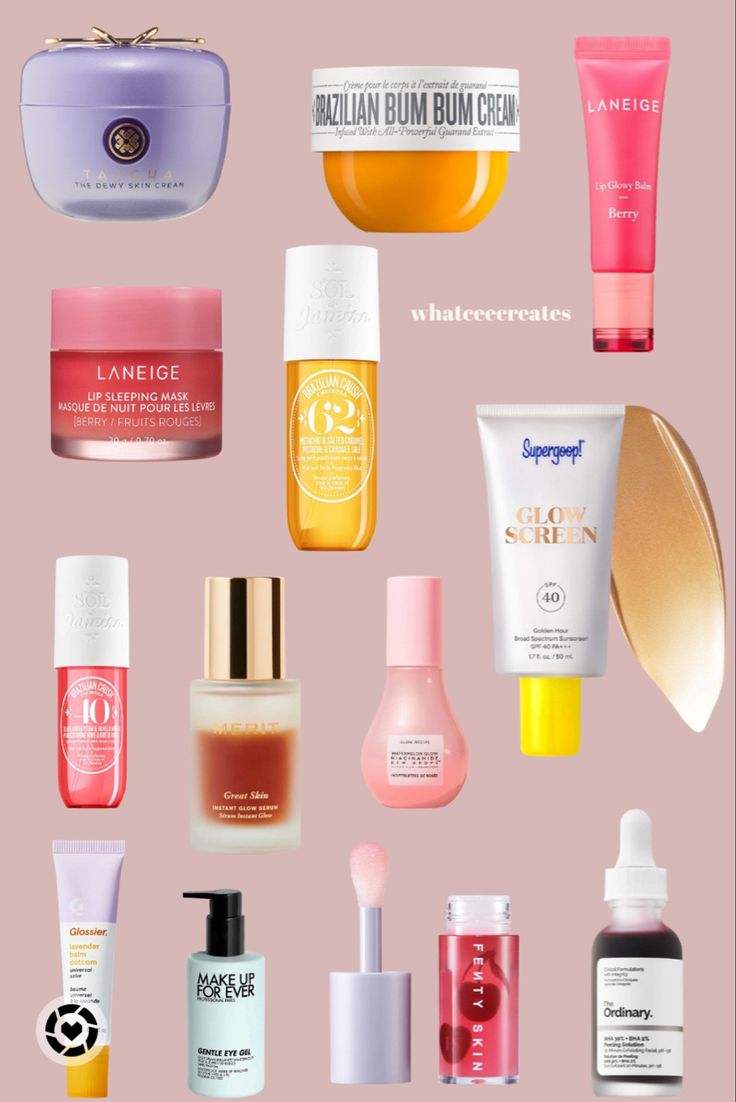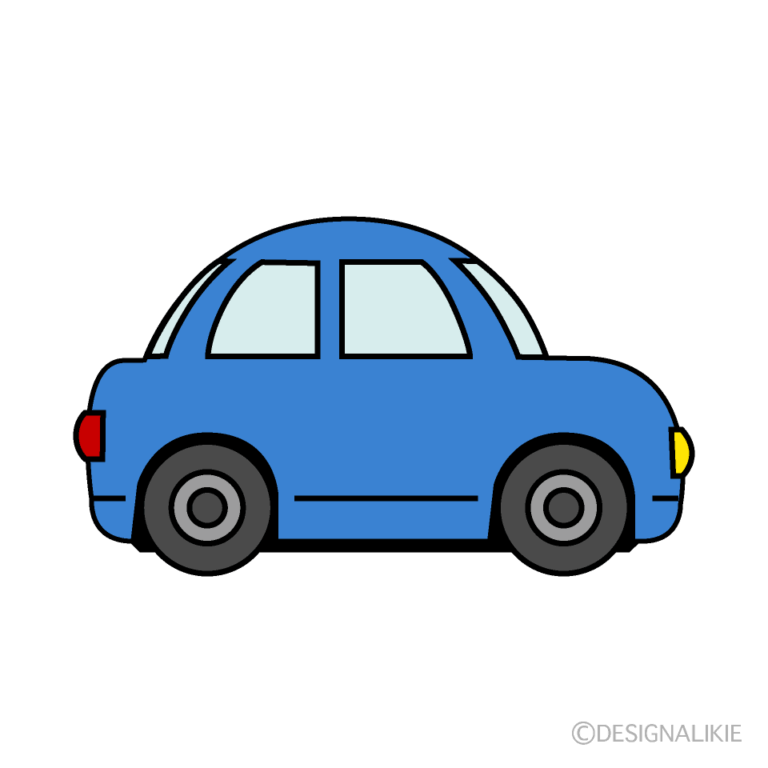Branded Title Car Insurance: Navigating the Road to Coverage
Branded Title Car Insurance: Navigating the Road to Coverage cars.truckstrend.com
The allure of a lower price tag on a used car can be incredibly tempting, especially in today’s market. Often, these deeply discounted vehicles carry a "branded title" – a scarlet letter on their automotive history, indicating a significant past event like a major accident, flood damage, or a manufacturer buyback. While these cars can offer substantial savings, they also introduce a unique set of challenges, particularly when it comes to securing adequate insurance. Understanding Branded Title Car Insurance isn’t just about finding a policy; it’s about comprehending the complexities, limitations, and specific requirements associated with covering a vehicle that insurers view differently.
This comprehensive guide will demystify branded title car insurance, explaining what it entails, why it’s different, and how to navigate the process of insuring a vehicle with a less-than-perfect past. For anyone considering or already owning a branded title vehicle, this information is crucial for making informed decisions and ensuring peace of mind on the road.
Branded Title Car Insurance: Navigating the Road to Coverage
What Exactly is a Branded Title?
Before diving into insurance, it’s essential to understand what a "branded title" signifies. A vehicle’s title is a legal document establishing ownership. When a significant event occurs that affects a vehicle’s value or safety, the Department of Motor Vehicles (DMV) or equivalent state agency will "brand" the title. This branding is a permanent mark, warning future buyers about the car’s history. Common types of branded titles include:
- Salvage Issued when a vehicle has been declared a total loss by an insurance company. This typically means the cost of repairs exceeds a certain percentage (e.g., 70-100%) of the vehicle’s actual cash value (ACV). Salvage vehicles are usually not roadworthy.
- Rebuilt/Reconstructed Once a salvage vehicle has been repaired and passed a rigorous state inspection to ensure it’s safe and roadworthy, its title is often re-issued as "Rebuilt" or "Reconstructed." This indicates it was once a total loss but has been restored.
- Flood Issued for vehicles that have sustained significant water damage, often due to floods. Water damage can lead to complex and long-term electrical and mechanical issues, even if the car appears fine.
- Lemon Applies to vehicles that have had repeated, unfixable defects under the manufacturer’s warranty, leading the manufacturer to buy them back from the original owner under "lemon laws."
- Odometer Rollback/Tampered Indicates that the vehicle’s odometer has been illegally altered to show fewer miles.
- Junk Similar to a salvage title, but often means the vehicle is beyond repair and is intended only for parts or scrap.
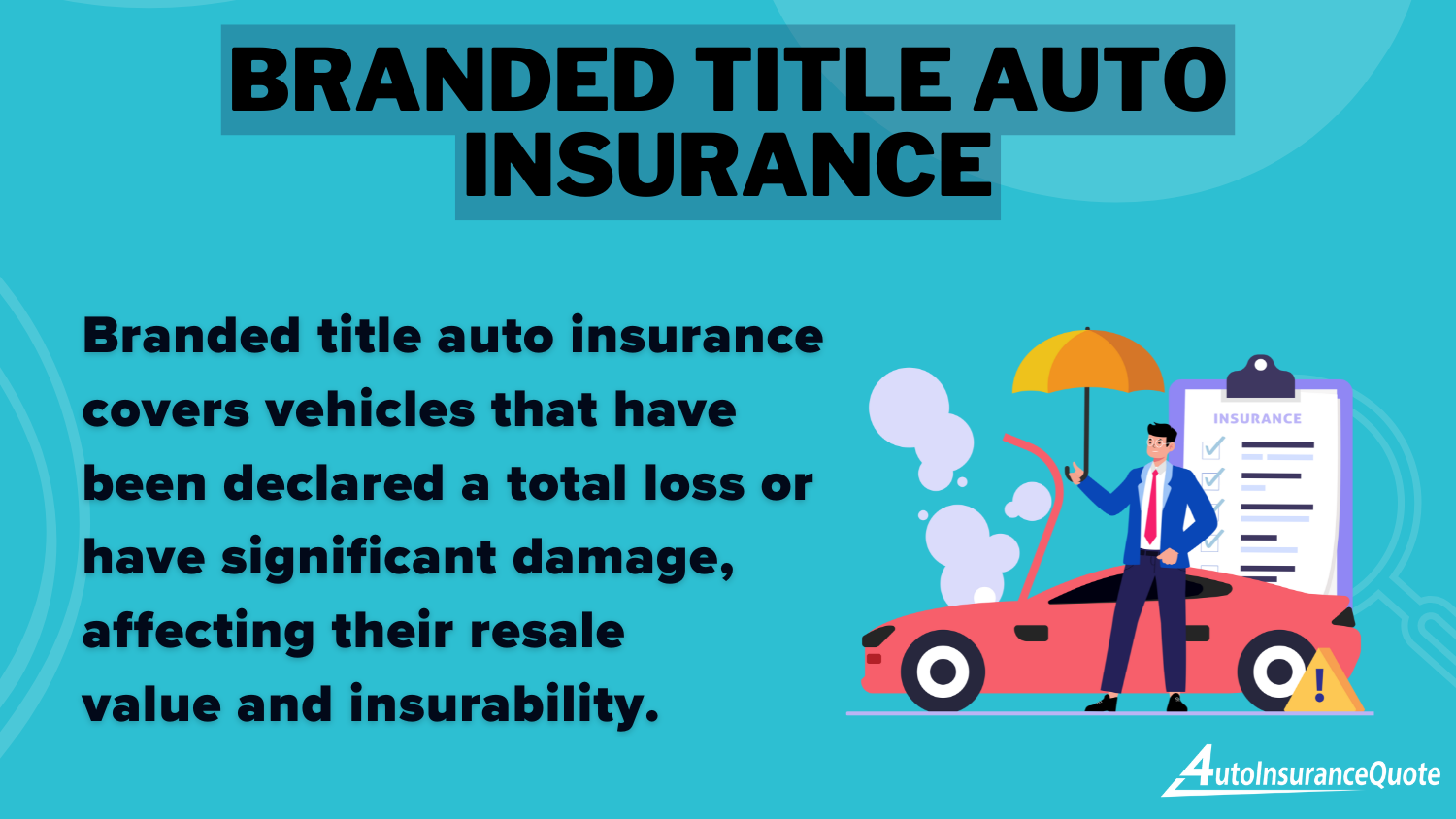
The type of brand profoundly impacts the vehicle’s value, resale potential, and, critically, its insurability.
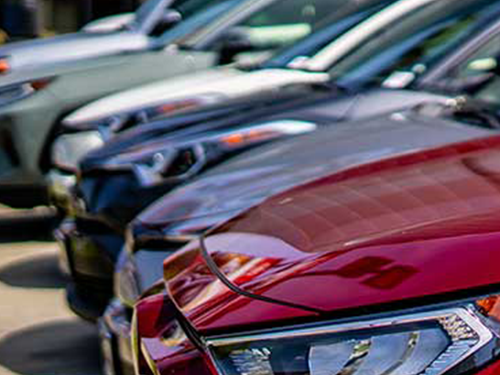
Understanding Branded Title Car Insurance
Insuring a car with a branded title presents unique challenges compared to a clean title vehicle. Insurers view branded title cars as higher risk for several reasons:
- Uncertainty of Repairs: Even if a car has a "rebuilt" title, the quality of the repairs can vary widely. There’s always a lingering doubt about hidden damage or long-term issues that might not be immediately apparent.
- Difficulty in Valuation: In the event of a future claim (especially a total loss), determining the actual cash value (ACV) of a branded title vehicle is complex. Its market value is significantly lower than a comparable clean title car, and establishing a fair payout can be contentious.
- Increased Risk of Future Claims: Some branded vehicles, especially flood-damaged ones, are statistically more prone to electrical or mechanical failures, leading to higher claim frequency.
/filters:quality(60)/2020-11-20-What-Is-a-Branded-Title-inline-table.png)
Because of these factors, standard insurance companies may be hesitant to offer comprehensive or collision coverage on branded title vehicles, or they may do so at significantly higher premiums with specific limitations.
Types of Coverage Available:
- Liability Coverage: This is the most common and often the only type of coverage readily available for branded title vehicles. It covers damages and injuries you cause to others in an at-fault accident. Most states require minimum liability coverage by law.
- Collision Coverage: Covers damages to your vehicle resulting from a collision, regardless of fault. This is where it gets tricky for branded titles. Insurers might offer it, but often with a lower maximum payout (reflecting the car’s reduced value) or a higher deductible.
- Comprehensive Coverage: Covers damages to your vehicle from non-collision events like theft, vandalism, fire, or natural disasters. Similar to collision, it might be difficult to obtain or come with limitations.
The Pros and Cons of Owning a Branded Title Car
Before committing to a branded title vehicle, weigh these advantages and disadvantages carefully:
Pros:
- Significant Cost Savings: The primary appeal is the substantially lower purchase price, often 20-50% less than a clean title equivalent.
- Access to Newer Models: You might be able to afford a newer or more luxurious model that would otherwise be out of your budget.
- Potentially Good Value: If the car was professionally repaired after minor damage (e.g., a "salvage" due to hail, not a major structural crash), it could offer excellent value.
Cons:
- Insurance Challenges: As discussed, securing full coverage can be difficult or expensive.
- Lower Resale Value: The branded title is permanent, meaning the car will always be worth less than a clean title equivalent, making it harder to sell later.
- Financing Difficulties: Many lenders are unwilling to finance branded title vehicles due to their reduced collateral value and increased risk. You’ll likely need to pay cash.
- Potential for Hidden Problems: Especially with salvage or flood titles, there’s a risk of underlying issues that weren’t fully repaired or manifest later.
- Warranty Issues: Manufacturer warranties are often voided once a title is branded.
How to Get Branded Title Car Insurance
Securing insurance for a branded title vehicle requires a more proactive and diligent approach:
- Thorough Pre-Purchase Inspection: Before buying, get an independent, certified mechanic to inspect the vehicle thoroughly, especially if it’s a rebuilt or flood title. Request copies of all repair receipts and documentation. This is crucial for your peace of mind and potentially for the insurer.
- Identify the Brand Type: Understand precisely why the title was branded (salvage, rebuilt, flood, lemon). This information is vital for insurers.
- Research Specialized Insurers: While major insurers (Geico, Progressive, State Farm, Allstate) might offer liability, they may decline comprehensive/collision or charge very high rates. Look for smaller, specialized carriers or brokers who deal specifically with salvage/rebuilt vehicles.
- Gather All Documentation:
- Proof of ownership (title).
- Vehicle inspection reports (especially post-repair).
- Detailed repair records, including parts replaced and work performed.
- Photos of the vehicle before and after repairs (if available).
- Get Multiple Quotes: Don’t settle for the first quote. Contact several companies and be transparent about the branded title. Compare not just premiums but also coverage limits, deductibles, and any specific exclusions related to the title.
- Be Prepared for Limitations: Expect that full coverage (collision and comprehensive) may be more expensive, have a higher deductible, or be based on a depreciated value of the car. Some insurers might only offer liability.
Factors Affecting Branded Title Car Insurance Premiums
Several variables influence the cost of insuring a branded title vehicle:
- Type of Branded A "Rebuilt" title from minor damage (e.g., hail) might be easier and cheaper to insure than a "Flood" or "Lemon" title.
- Quality and Documentation of Repairs: If the repairs were done by a certified shop with detailed receipts and passed a state inspection, it builds confidence for insurers.
- Vehicle Make, Model, and Age: Newer, more expensive vehicles will generally have higher premiums regardless of title status.
- Driver’s History: Your driving record (accidents, violations), credit score (in some states), and age still play a significant role.
- Location: Urban areas typically have higher premiums due to higher theft rates and traffic density.
- Insurer’s Policy: Each company has its own underwriting guidelines for branded titles, leading to significant price variations.
- Agreed Value Policies: Some specialty insurers might offer "agreed value" policies for unique or classic rebuilt cars, where you and the insurer agree on the car’s value upfront, simplifying future claims.
Tips for Insuring a Branded Title Car
- Prioritize Safety & Repair Documentation: Ensure the car is mechanically sound and that all repairs are documented. This is your strongest argument for insurability.
- Be Transparent with Insurers: Always disclose the branded title upfront. Misrepresenting the vehicle’s history can lead to policy cancellation or claim denial.
- Start Early: Begin your insurance search before you even purchase the vehicle. You don’t want to buy a car you can’t legally drive.
- Consider Minimum Coverage: If comprehensive and collision are too expensive, consider carrying only the state-mandated liability coverage. Understand the risks of doing so.
- Leverage Existing Relationships: If you have other policies (home, life) with an insurer, they might be more willing to work with you on a branded title car.
- Review Policy Documents Carefully: Pay close attention to clauses regarding valuation, total loss, and any exclusions specific to branded vehicles.
Potential Challenges and Solutions
| Challenge | Solution |
|---|---|
| Difficulty Finding Full Coverage | Seek out specialized insurers or brokers who deal with rebuilt vehicles. |
| High Premiums for Full Coverage | Compare quotes extensively. Consider higher deductibles to lower premiums. |
| Low Payout in Case of Total Loss | Understand the vehicle’s depreciated value upfront. If possible, negotiate an "agreed value" policy. |
| Uncertainty of Vehicle Reliability | Get a thorough pre-purchase inspection by an independent mechanic. Keep meticulous repair records. |
| Financing Limitations | Be prepared to pay cash or secure a personal loan rather than an auto loan. |
Illustrative Branded Title Insurance Implications Table
This table provides a general guide on how different branded title types might impact insurance, recognizing that actual costs and availability vary widely.
| Branded Title Type | Typical Insurance Availability (Full Coverage) | Typical Premium Impact (vs. Clean Title) | Common Challenges |
|---|---|---|---|
| Rebuilt/Reconstructed | Moderate to Good (with documentation) | Moderate to High (+20% to +50% or more) | Valuation in case of total loss; scrutiny of repair quality. |
| Flood | Limited to Difficult | High to Very High (+50% or more) | High risk of electrical/mechanical issues; often only liability available. |
| Salvage | Extremely Limited (mostly liability only) | N/A (not roadworthy for full coverage) | Not insurable for comprehensive/collision until rebuilt and inspected. |
| Lemon | Moderate to Difficult | Moderate to High | Perceived unreliability; potential for recurring issues. |
| Odometer Tampered | Moderate to Good (if proven safe) | Moderate | Trust issues; potential for undisclosed wear and tear. |
Note: This table provides conceptual guidance. Actual premiums are determined by numerous factors, and these ranges are purely illustrative. Always get specific quotes for your vehicle.
Frequently Asked Questions (FAQ) about Branded Title Car Insurance
Q1: Can I get full coverage (collision and comprehensive) for a branded title car?
A1: Yes, it’s possible, but it can be challenging. Many standard insurers may decline or offer it at a significantly higher premium. You might need to seek out specialized insurance companies or brokers who specifically underwrite branded title vehicles.
Q2: Will my insurance company know my car has a branded title?
A2: Yes, they will. When you apply for insurance, insurers run the Vehicle Identification Number (VIN) through databases (like CarFax or AutoCheck) that disclose title history. It’s crucial to be honest about the title status.
Q3: Is branded title car insurance more expensive?
A3: Generally, yes. Insurers view branded title cars as higher risk due to potential hidden damage, repair quality concerns, and difficulty in assessing their true value. This increased risk translates to higher premiums for the same coverage, or limitations on the type of coverage offered.
Q4: What if my branded title car is totaled again? How will the payout be determined?
A4: If your branded title car is declared a total loss, the payout will be based on its actual cash value (ACV) as a branded title vehicle. This value is significantly lower than a comparable clean title car. Some specialty policies might offer "agreed value" coverage, where you and the insurer agree on the car’s value upfront, providing more certainty.
Q5: Do I need a special inspection to insure a rebuilt title car?
A5: Yes, most states require a thorough inspection (often called a "salvage inspection" or "rebuilt inspection") before a salvage title can be converted to a rebuilt title and become roadworthy. Insurers will often require proof that this inspection has been passed and may even request their own independent appraisal.
Q6: Can I finance a branded title car and get insurance for it?
A6: Financing a branded title car is difficult, as many lenders won’t provide loans for them due to reduced collateral value. If you do find a lender, they will likely require full coverage insurance (collision and comprehensive) to protect their investment, which, as discussed, can be harder to secure for a branded title car.
Q7: Are there any specific exclusions I should look out for in a branded title policy?
A7: Yes, carefully review your policy. Some policies might exclude certain types of damage (e.g., water damage if it’s a flood title), or they might have specific clauses about how total loss payouts are calculated for branded vehicles. Always ask your agent to clarify any terms you don’t understand.
Conclusion
Owning a branded title car can be a financially appealing option, offering a gateway to vehicles that might otherwise be out of reach. However, the savings at purchase often come with complexities, particularly concerning Branded Title Car Insurance. While securing coverage for these vehicles can be more challenging and potentially more expensive, it is by no means impossible.
The key to successfully insuring a branded title car lies in thorough research, meticulous documentation of repairs, transparency with insurers, and a willingness to shop around for specialized policies. By understanding the nuances of branded titles and their impact on insurance, you can make an informed decision, mitigate potential risks, and confidently navigate the road ahead with your unique vehicle. Remember, a branded title car isn’t inherently bad; it simply demands a more informed and strategic approach to ownership and, crucially, to insurance.
